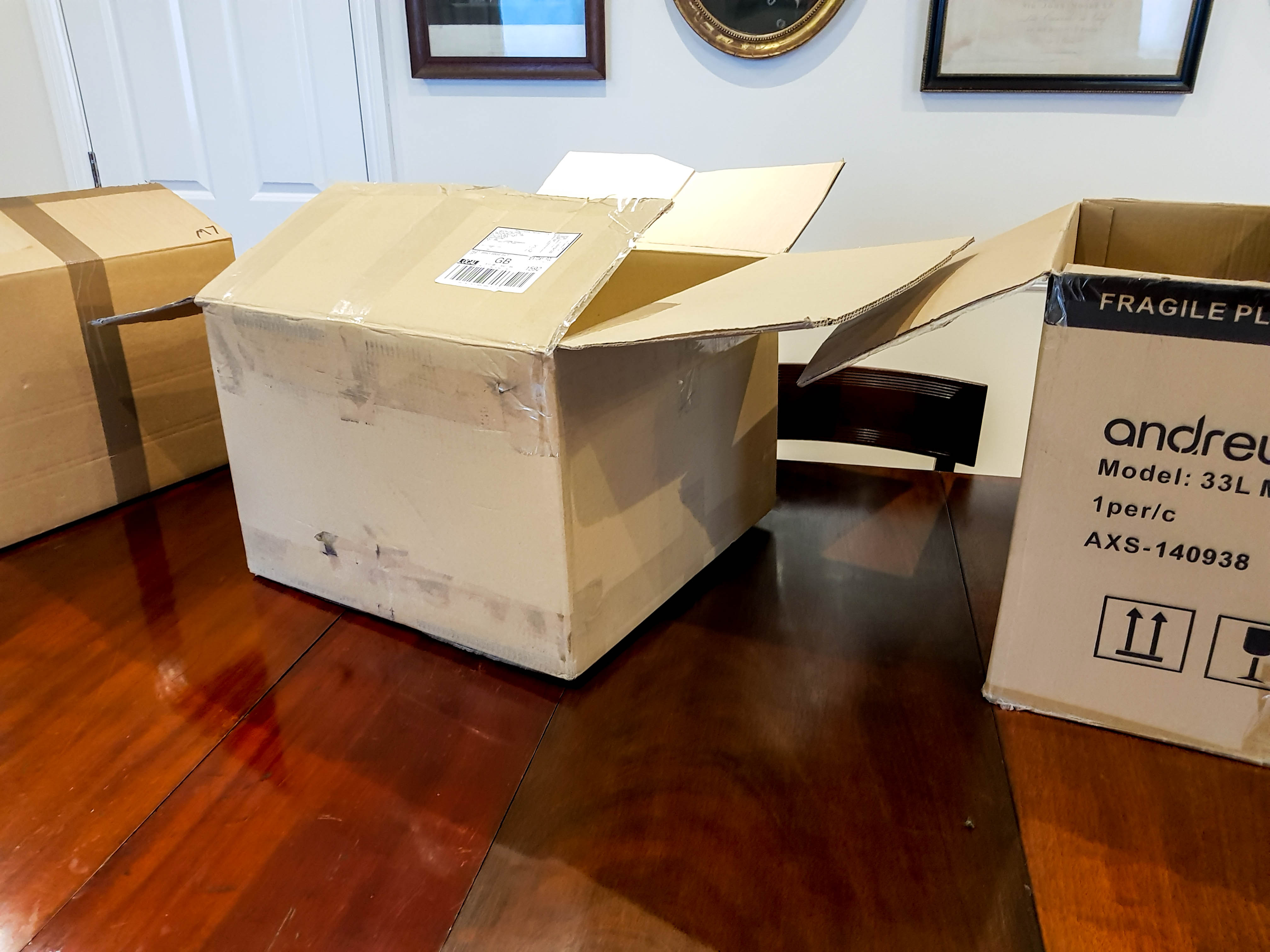How do I make the house habitable while we are waiting for the builders to start?
How do I make the house habitable while we are waiting for the builders to start?
Whether it is an extension or a renovation, having building work done is a messy business. In the ideal scenario, you’d move out and let the builders get in with it – and certainly, this is easier in the Airbnb era, as your choice isn’t limited to hotels or longer lets – but that’s not always affordable or practical.
If you are having to live alongside the disruption, what can you do before the work starts to make your house habitable?

Make space
Start by clearing as much clutter as you can from wherever the work needs to be done. “According to a study, one of the best ways to make tradespeople feel welcome is to ensure they have a tidy space to work,” says House Beautiful magazine. “Clear away any clutter before they begin to work and it will help to make their job much easier.”
There are two other reasons for clearing up before the builder arrives: less chance of your belongings being damaged, and the more practical benefit of having everything to hand, without having to navigate the building site. This might mean moving your kettle into the bedroom if you are having the kitchen knocked through to your dining room - at least you can make yourself a cup of tea when you need one.
Make sure young children are kept away from the work by moving toys and distractions into another room if possible. Also think about how your pets will cope with the disruption. Fish and rodents are unlikely to notice what is going on, and cats may sleep through it, but dogs, which can be more territorial, might be spooked. Invest in a stair gate, which can be put up to keep them out of affected rooms or, if possible, find a nearby friend or relative who can accommodate them until the project has been completed.
If doors between the work area and the rest of your home can be closed, consider using draft excluder tape on the frame. This costs less than £1 per metre and expands to block gaps, which will help reduce the amount of dust that escapes into the rest of your home.
Off-site storage versus on-site storage
The fewer belongings you have to hand, the less cluttered the house will feel when you have lost the use of several rooms. If you don’t have a garage or shed that you can use for storage, consider renting space.
It can be difficult to work out how much space you need, but Big Yellow recommends 50 sq. ft would be sufficient for the contents of a studio flat – so would likely suffice for a room containing large items of furniture. Prices vary depending on location and supplier but, sticking with Big Yellow, we obtained prices for a room this size starting at £20.40 per week for the first four weeks, and £40.80 per week thereafter when booking a month in advance in a major commuter town.
If you have space and sufficient hard standing, you might alternatively consider hiring a shipping container, which lets you keep your tidied-away possessions close at hand. Suffolk-based Portable Space rents small containers of 64 sq. ft for £14.40 per week.
The smallest room
If the work is being done externally, like an extension or the construction of an annexe, you might want to consider hiring a portable site toilet if your contractor doesn’t offer to do so itself. Prices vary, but Brandon Hire Station, as an example, charges £66.71 a week plus VAT for a cabin that also includes a coat hanger, shelf and mirror. Additional charges may be made for emptying the tank, depending on the length of hire.
These might not be as comfortable as your bathroom, but they do have a couple of benefits. For you, the main benefit is not having to share your own toilet with half a dozen unfamiliar people. This is particularly important right now, when we are trying to minimise the number of people we allow into our homes. Building sites have been allowed to remain operational when the rest of the country has been quarantining against Coronavirus, which is great news for anyone who wants to get their build finished on time but it could increase the risk of bringing infection into your home.
The benefit for the builder is the convenience of being able to use the facilities without having to unlace and remove their heavy boots, then reverse the operation when they go outside.
Make sure you rent the toilet from a reputable supplier that will visit regularly to empty it. As a guide, Euroloo includes free weekly servicing (which includes a clean) on portable site toilets that should cope with teams of up to seven working 40 hours a week.
If possible, position the toilet somewhere convenient, but out of sight. It is not uncommon for passers-by, including dog walkers and refuse workers to pop in if they are caught short while out and about. As well as further increasing the risk of spreading disease, this may end up costing you if you need to pay for the tank to be emptied more often!
